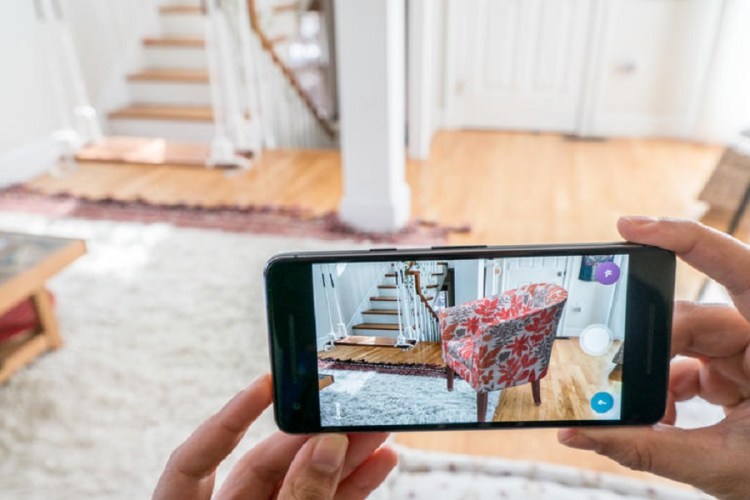Unity Technologies has launched an update that makes it easier to insert augmented reality features into native mobile apps and games.
The update for Unity 2019.3 comes after Unity announced its AR Foundation tool that enables game developers to quickly create AR software that can run on both Android and iOS devices.
Unity 2019.3 has added support for using Unity as a library controlled by native Android/Java and iOS/Objective C apps so developers can easily insert AR and other Unity features.
“We know there are times when developers using native platform technologies (like Android/Java and iOS/Objective C) want to include features powered by Unity in their apps and games,” said J.C. Cimetiere, senior technical product manager for mobile platforms, in a blog post. “Starting with Unity 2019.3.a2, you can integrate the Unity runtime components and your content into a native platform project so you can use Unity as a library.”
June 5th: The AI Audit in NYC
Join us next week in NYC to engage with top executive leaders, delving into strategies for auditing AI models to ensure fairness, optimal performance, and ethical compliance across diverse organizations. Secure your attendance for this exclusive invite-only event.
This means that developers can now insert features powered by Unity, such as augmented reality (AR), 3D/2D real-time rendering, 2D mini-games and more, directly into native mobile apps.
How it works: Changes to project structure
The Unity runtime library exposes controls to manage when and how to load/activate/unload within the native application.
The mobile app build process overall is still the same. Unity creates the iOS Xcode and Android Gradle projects.
However, to enable this feature, Unity changed the structure of the generated iOS Xcode and Android Gradle projects. You can find out more in this forum post or on Unity’s solutions page.
The announcement is the first since a former Unity human relations executive accused John Riccitiello, CEO of Unity, of sexual harassment last week.


